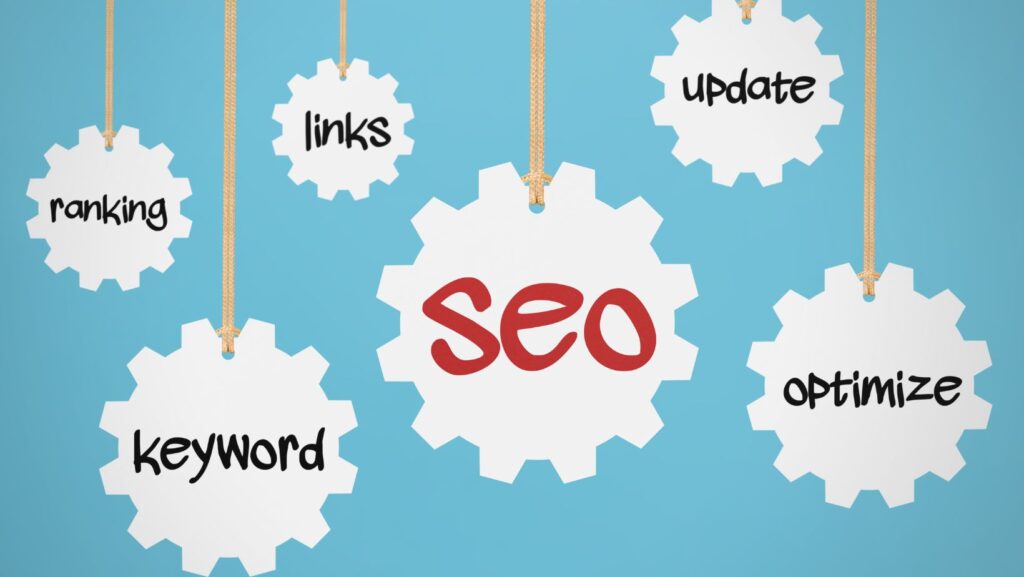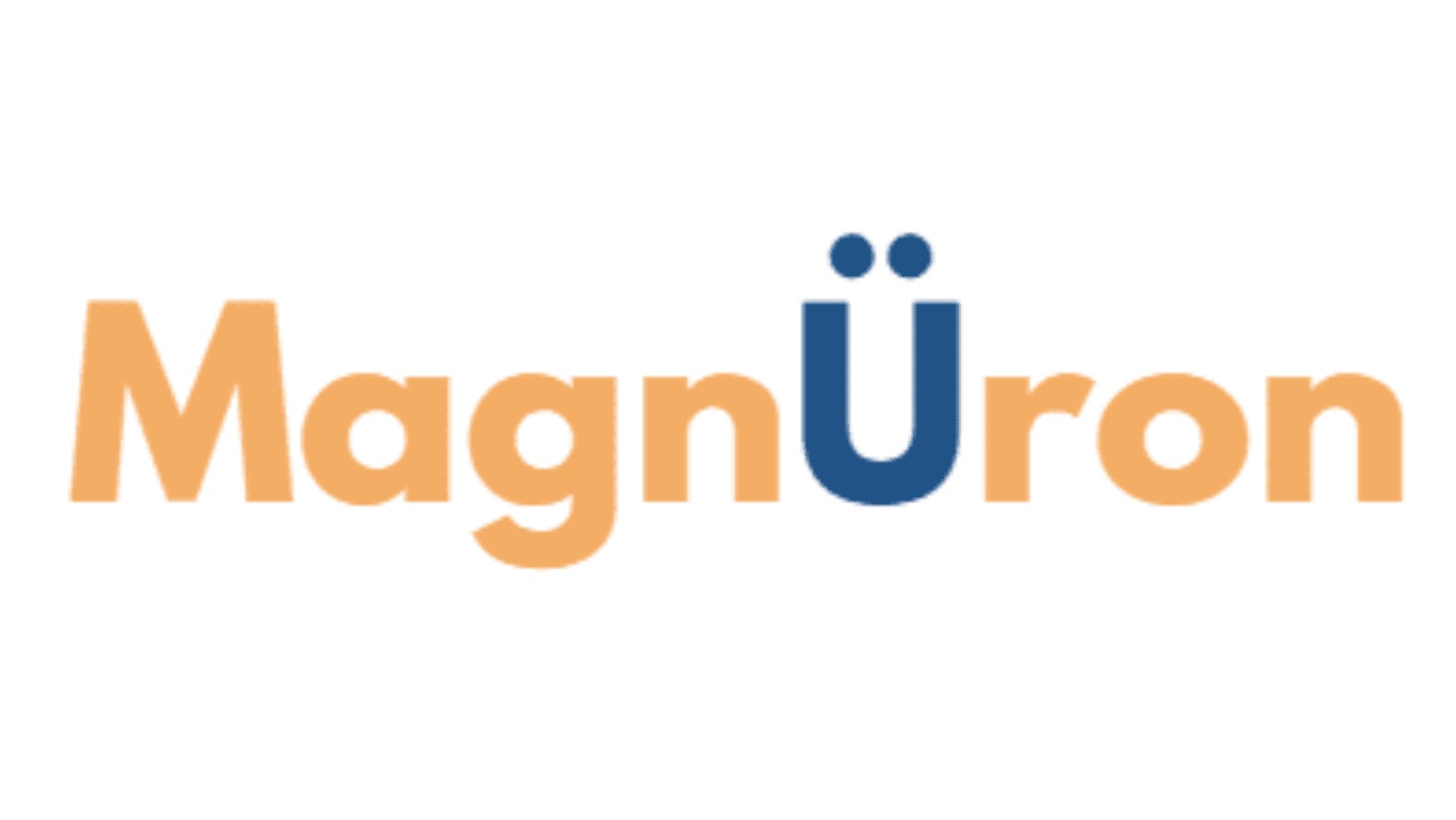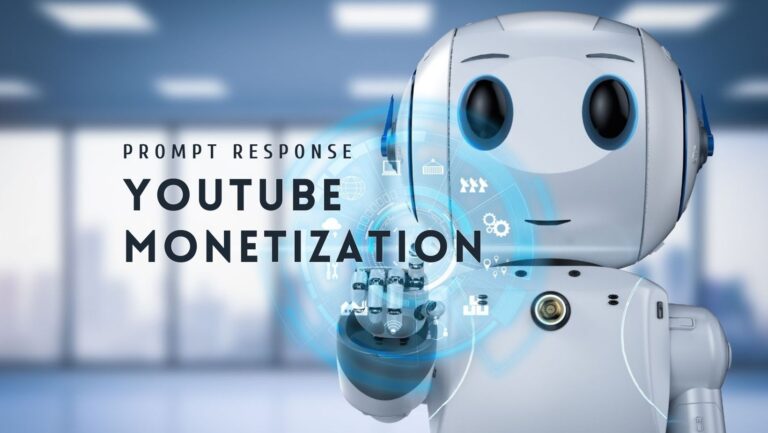SEO Benefits: The Best Way To Elevate Your Online Impact!

You’ve probably heard of SEO, or Search Engine Optimization, but what exactly is it? In its most basic form, strong SEO improves your internet visibility.
This means that the more people who see your website, the more traffic your site receives, and the more likely it is that you will be able to give your product or service to a larger number of individuals.
We will go deep into the world of SEO in this thorough guide to help you grasp the significance of this marketing technique and how to harness it for your online success.
What is SEO?
SEO is the practice of enhancing the quality and quantity of visitors to your website through organic search engine results.
SEO is the act of optimizing your website so that it ranks better in search engine results pages (SERPs), resulting in more traffic.
SEO is critical to the success of any online business or website because it ensures that visitors seeking for products, services, or information in your niche can quickly find your site.
You may improve your online exposure, attract more targeted traffic, and eventually raise your revenue by employing effective SEO methods.
How Search Engines Work
SEO is about understanding how search engines work. Complex algorithms are used by search engines such as Google, Bing, and Yahoo to crawl, index, and rank online sites based on their relevance and authority.
These algorithms use a variety of characteristics known as ranking signals to select the most relevant and value information for a given search query.
When a user types a query into a search engine, the system searches the web for relevant pages, indexes them, and ranks them based on their relevance and authority.
The results are then shown in the SERPs, with the most relevant and authoritative pages at the top.
- Content quality and relevancy are two of the most essential ranking variables.
- Usability and user experience
- Backlinks and domain authority
- Page loading time Mobile compatibility
- Signs of social interaction
Keywords Are Key
The core of SEO is keywords. These are the words and phrases that people use to seek for information, products, or services on search engines.
You can ensure that your website ranks high in the SERPs for relevant searches by discovering and targeting the proper keywords, which leads to greater traffic and conversions.
Keyword research is an essential part of the SEO process. It entails determining the most relevant and useful keywords for your website and developing content around those keywords.
The idea is to select keywords with a large search volume but low competition, as they are easier to rank for and can deliver a lot of traffic to your site.
Some useful tools for keyword research include:
- Google Keyword Planner
- Ahref’s
- SEMrush
- Moz Keyword Explorer
- KWFinder
Consider the following factors while choosing keywords:
Relevance
Make sure your keywords are related to your company, product, or service.
Search Volume
Select keywords with a high search volume because they imply a higher level of interest from users.
Competition
Use keywords with low competition because they are easier to rank for.
Long-tail keywords
Long-tail keywords (longer, more precise phrases) frequently have lower competition and can deliver more targeted traffic.
On-Page SEO

On-page SEO is the optimization of individual web pages to increase their positions in search engine results pages (SERPs). This includes making each page’s content, meta tags, headings, and URLs more search engine friendly.
The following are important features of on-page SEO
Title tags
Create unique and descriptive title tags that include your target keywords.
Meta descriptions
Write compelling meta descriptions that accurately describe the content of each page and include relevant keywords.
Headings
Use proper heading structure (H1, H2, H3, etc.) and include your target keywords in your headings.
URL structure
Ensure your URLs are clear, concise, and include your target keywords.
Image optimization
Use descriptive file names, alt tags, and captions for images. Compress images to reduce file size and improve page load speed.
Internal linking
Create a strong internal linking structure to help search engines navigate your site and distribute link authority throughout your pages.
Keyword usage
Incorporate your target keywords naturally throughout your content, including in the first 100-150 words.
Off-Page SEO
Off-page SEO refers to efforts carried out outside of your website that have an impact on your SERP rankings.
Building high-quality backlinks, which are links from other websites directing to your site, is the most important component of off-page SEO. Backlinks from other websites act as “votes of confidence,” communicating to search engines that your material is useful and authoritative.
To build a strong backlink profile, consider the following strategies:
- Guest posting: Write guest articles for reputable websites in your niche and include a link back to your site.
- Content marketing: Create valuable, shareable content that naturally attracts backlinks from other websites.
- Social media promotion: Share your content on social media platforms to increase its visibility and encourage others to link to it.
- Influencer outreach: Reach out to influencers in your industry and ask them to share your content with their audience.
- Broken link building: Find broken links on other websites and suggest your content as a replacement.
Technical SEO
Technical SEO is the process of optimizing your website’s technical components in order to increase crawlability, indexability, and overall performance. Some of the most important aspects of technical SEO are:
- Site speed: Optimize your website’s loading speed by compressing images, using caching, and minimizing the use of render-blocking resources.
- Mobile friendliness: Ensure your website is responsive and provides a seamless user experience across all devices.
- XML sitemap: Create an XML sitemap to help search engines understand the structure of your website and crawl it more efficiently.
- Robots.txt file: Use a robots.txt file to control which pages on your site search engines can crawl and index.
- Structured data: Implement structured data (also known as schema markup) to provide search engines with additional information about your content, which can lead to rich results in the SERPs.
- HTTPS: Secure your website with an SSL certificate to ensure that all data transferred between your site and its users is encrypted.
- 404 errors and redirects: Fix broken links and use 301 redirects to point users from old URLs to new, relevant pages.
Content Marketing and SEO
Because high-quality, relevant content is one of the key aspects that search engines consider when ranking websites, content marketing is an essential component of SEO.
You may enhance your SERP ranks and drive more visitors to your site by providing excellent content that addresses the requirements and interests of your target audience.
Some content marketing best practices for SEO include:
- Create long-form, in-depth content that covers your topic thoroughly.
- Use a variety of content formats, such as blog posts, videos, infographics, and podcasts, to cater to different audience preferences.
- Focus on evergreen content that remains relevant and valuable over time.
- Update and repurpose old content to maintain its freshness and relevance.
- Promote your content through social media, email marketing, and influencer outreach to increase its visibility and attract backlinks.
Local SEO

Local SEO is concerned with improving your internet presence in order to attract more business from local searches. This is especially significant for firms that have a physical location or serve a specific geographic area.
Optimizing your website, Google My Business page, and online reviews to rank better in local search results and attract more local clients is what local SEO entails.
Key aspects of local SEO include
Google My Business: Claim and optimize your Google My Business listing with accurate and up-to-date information, such as your business name, address, phone number, website, and hours of operation.
Local keywords: Incorporate local keywords (e.g., city or neighborhood names) into your website’s content, title tags, and meta descriptions.
Online reviews: Encourage satisfied customers to leave reviews on Google, Yelp, and other review platforms. Respond to reviews, both positive and negative, to show that you value customer feedback.
Local business directories: Submit your business information to local business directories and ensure that your NAP (Name, Address, Phone number) information is consistent across all listings.
Local content: Create content that is relevant to your local audience, such as blog posts about local events, news, or community initiatives.
Measuring SEO Success
To ensure the effectiveness of your SEO efforts, it’s essential to track and measure your progress regularly. Some key performance indicators (KPIs) to monitor include:
- Organic traffic: The number of visitors who come to your website through organic search.
- Keyword rankings: Your website’s position in the SERPs for specific target keywords.
- Click-through rate (CTR): The percentage of users who click on your website’s link in the SERPs.
- Bounce rate: The percentage of visitors who leave your website after viewing only one page.
- Conversion rate: The percentage of visitors who complete a desired action on your website, such as making a purchase or signing up for a newsletter.
SEO Tools and Resources

There are numerous tools and resources available to help you with your SEO efforts. Some popular options include:
- Google Analytics: A powerful web analytics tool that tracks and reports website traffic.
- Google Search Console: A suite of tools that helps you monitor your website’s search performance and identify any issues.
- Ahref’s: An all-in-one SEO toolset that provides keyword research, backlink analysis, rank tracking, and more.
- SEMrush: A comprehensive SEO and digital marketing platform that offers keyword research, competitor analysis, and site auditing tools.
- Moz: A suite of SEO tools that includes keyword research, site crawling, rank tracking, and link analysis.
Final Thoughts
You may use SEO to greatly boost your website’s exposure, generate more targeted traffic, and eventually increase your revenue.
Things to remember is SEO is an ongoing process, and it’s critical to stay current on the newest trends, best practices, and algorithm adjustments in order to maintain and enhance your ranks in the ever-changing digital landscape.
You can develop your website into a powerful marketing asset that promotes growth and helps you achieve your business goals with dedication, persistence, and a data-driven approach.
Bio:

Ronnie Patterson
Ronnie Patterson, founder of MagnÜron, is a multifaceted entrepreneur with a diverse background in music, electronics engineering, and engineering management. Drawing on experience across various industries, He offers expertise in SEO, operations, and strategy to help businesses thrive. Possessing a unique perspective and unwavering commitment to collaboration, and ideal partner for growth and success.






